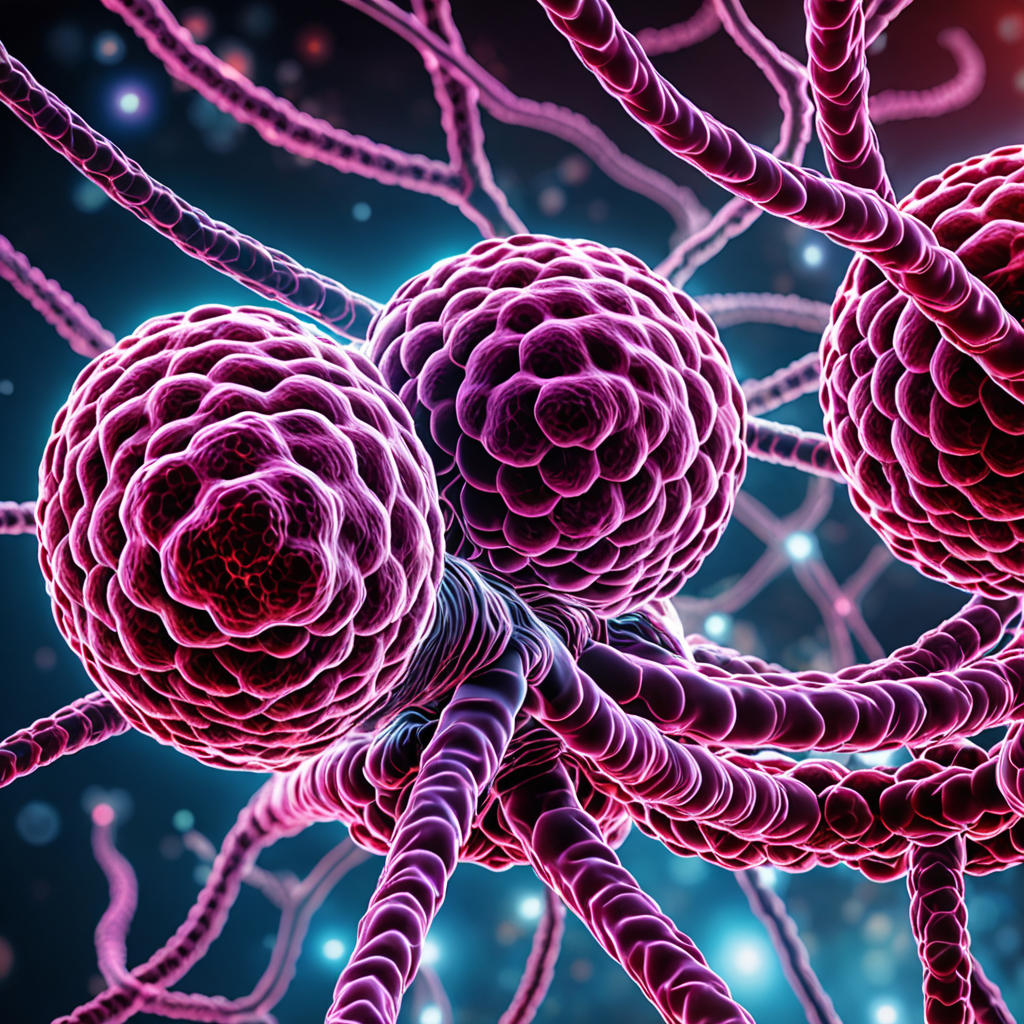
Nanotechnology in Cancer Diagnosis: Early Detection for Improved Outcomes
The Promise of Nanotechnology in Cancer Diagnosis
Nanotechnology, the manipulation of matter on an atomic and molecular scale, has revolutionized various fields, including cancer diagnosis. In the realm of oncology, nanotechnology offers immense promise in enhancing early detection methods for improved patient outcomes.
Nanoscale Tools for Precision Medicine
By utilizing nano-sized tools and particles, researchers can detect cancer at its earliest stages, sometimes even before symptoms manifest. Nanotechnology enables precise targeting of cancer cells, leading to more accurate diagnostics and tailored treatment strategies.
Improving Sensitivity and Specificity
Unlike traditional diagnostic techniques, nanotechnology-based approaches enhance the sensitivity and specificity of cancer detection. By leveraging nanoscale materials, such as quantum dots and gold nanoparticles, clinicians can identify cancer biomarkers with greater accuracy.
Early Detection: Key to Successful Cancer Treatment
Early detection plays a pivotal role in the successful treatment of cancer. Nanotechnology allows for the detection of minuscule changes at the molecular level, enabling healthcare providers to intervene at the earliest opportunity and improve patient outcomes.
Challenges and Opportunities in Nanotechnology for Cancer Diagnosis
While nanotechnology presents exciting prospects for cancer diagnosis, challenges such as scalability, cost-effectiveness, and regulatory hurdles remain. Researchers continue to explore innovative solutions to overcome these obstacles and further enhance the role of nanotechnology in early cancer detection.
The Future Landscape of Cancer Diagnosis
As nanotechnology continues to advance, the future of cancer diagnosis looks increasingly promising. From novel imaging techniques to innovative biosensors, nanotechnology holds the potential to revolutionize how we detect and treat cancer, ultimately leading to improved patient outcomes and enhanced survival rates.
Conclusion
Nanotechnology represents a transformative frontier in cancer diagnosis, offering the possibility of early detection for improved outcomes. By harnessing the power of nanoscale materials and tools, healthcare providers can detect cancer more accurately and tailor treatment strategies to individual patients, ushering in a new era of precision medicine in oncology.


